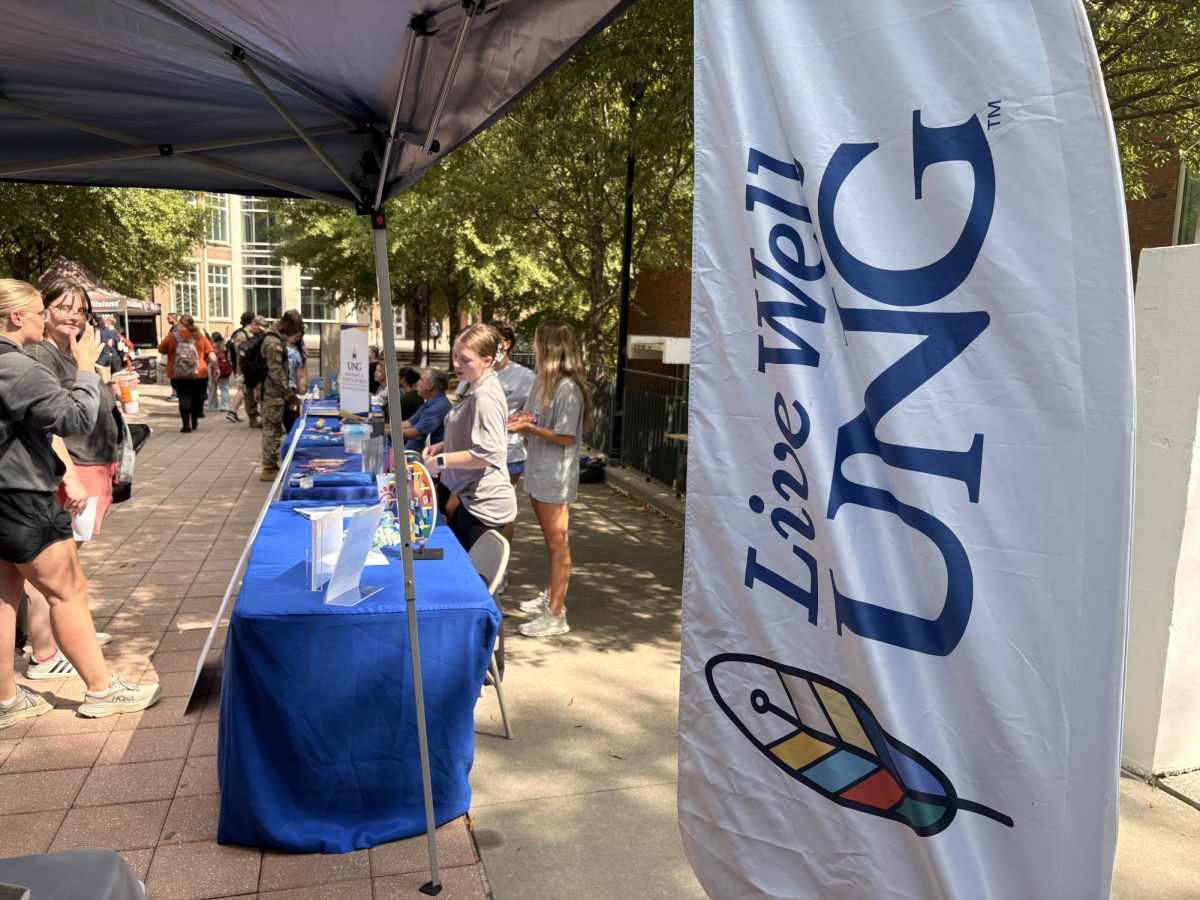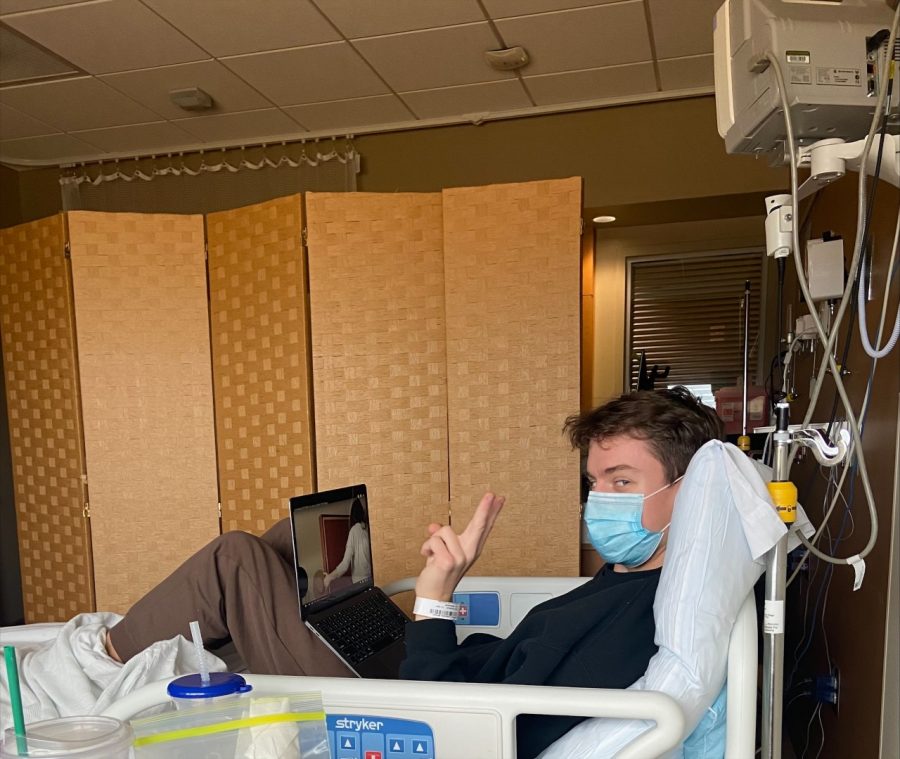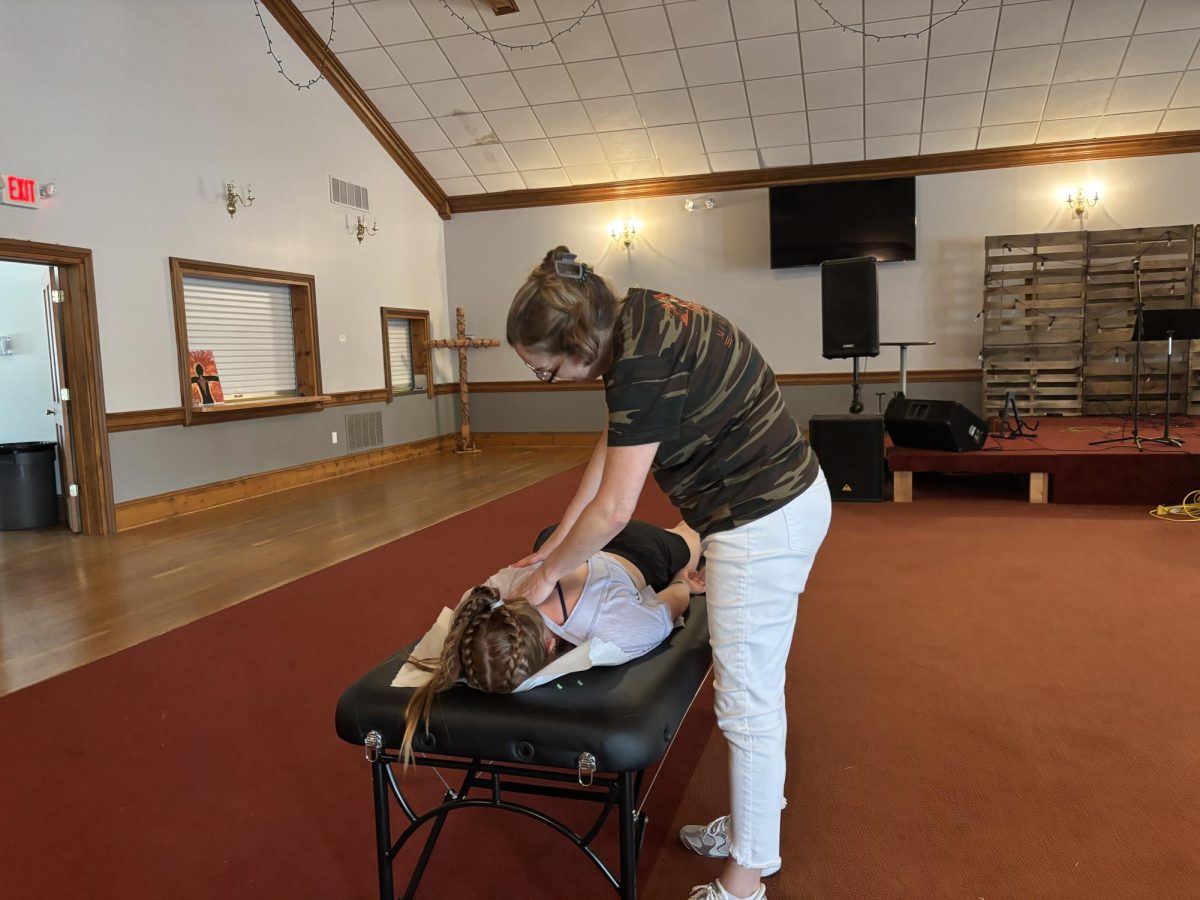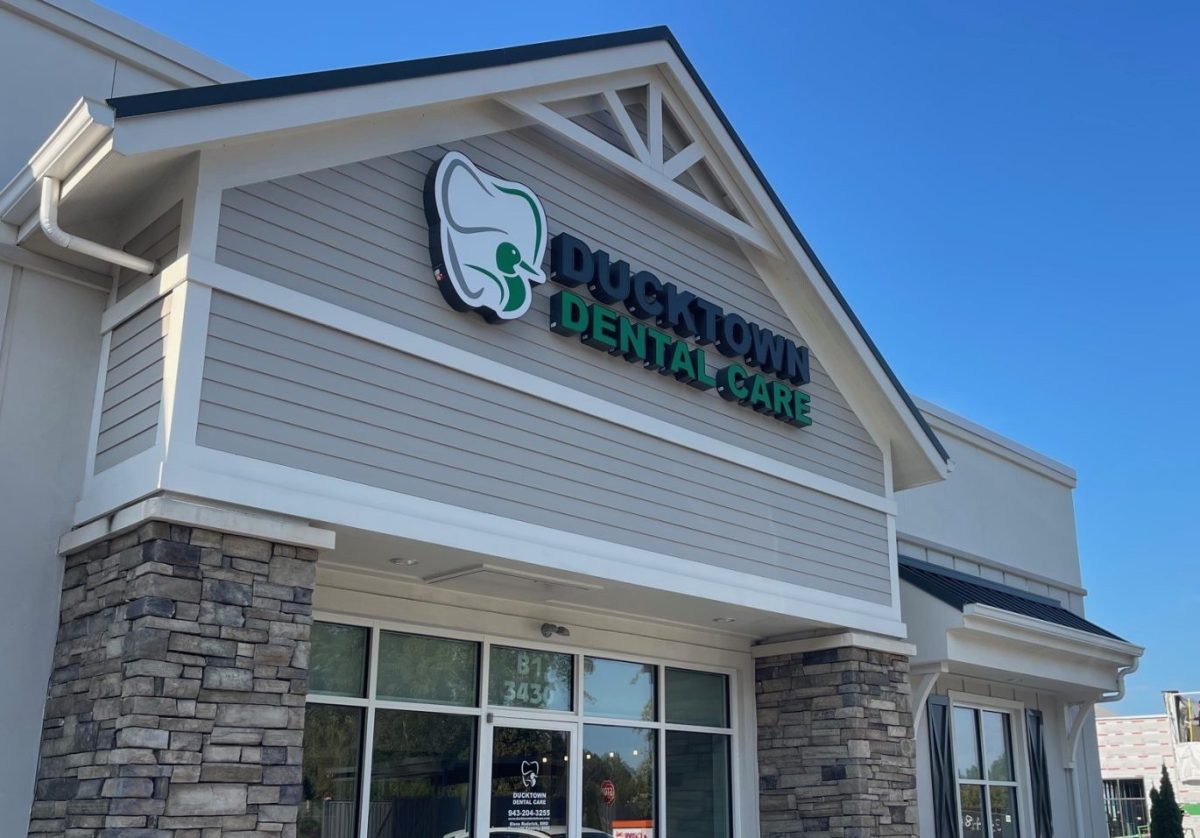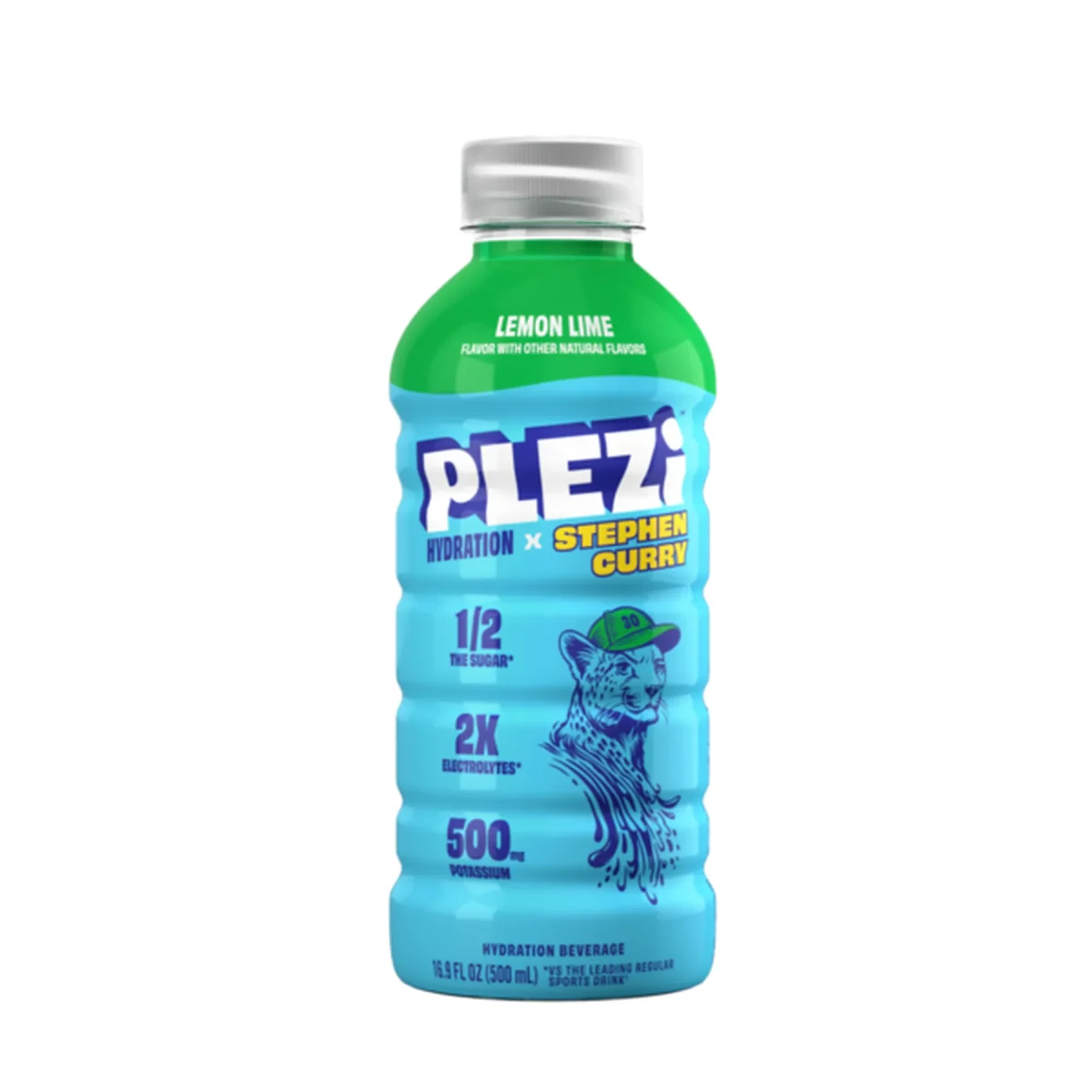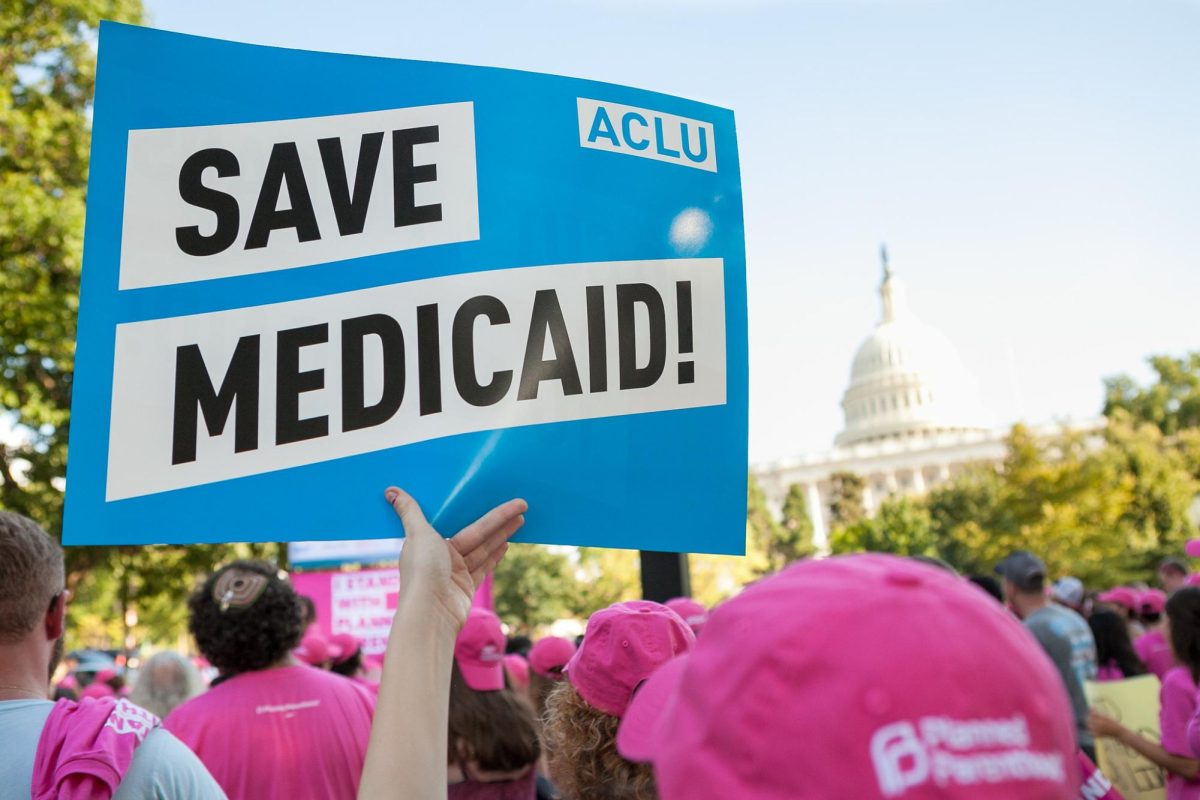Days after receiving his Moderna booster shot, 20-year-old Christopher Dennis was sent to the emergency room with a rare side effect: heart inflammation. The Kennesaw State University student said that it began as slight pressure in his chest while he was at work. However, that night, he was awoken by sharp pain that led him to seek medical treatment.

“At the ER, multiple tests were run on me, and they all came back normal – until the last one,” he said. The last test was an EKG, and the results came back to say that I was possibly having a heart attack.” Regardless, due to his age and good health, Dennis’s doctor knew this wasn’t the issue, and he was diagnosed with pericarditis.

The Centers for Disease Control and Prevention defines pericarditis as inflammation of the heart’s outer lining, while myocarditis is inflammation of the heart muscle. Both of these conditions have been reported after mRNA COVID-19 vaccination (Pfizer-BioNTech or Moderna).
The CDC stresses that reports of heart inflammation after COVID-19 vaccination are rare. However, of the existing reports, the conditions are primarily being seen in young male adults and adolescents after the second dose. Symptoms are usually occurring within a week of vaccination.
Fortunately, most patients are recovering quickly with rest and medication. After Dennis’ release, he was given anti-inflammatories to take for three months as well as pain medication to take for a month. Twelve days after his stay in the hospital, he said he felt fully recovered and that “luckily, there are no long-term side effects.”
Still, if you’re a young male under the age of 30, you may be wondering: “Should I get vaccinated?”
Most of the scientific community agrees that the answer to this question is yes.

“The known risks of COVID-19 illness and its related, possibly severe complications, such as long-term health problems, hospitalization, and even death, far outweigh the potential risks of having a rare adverse reaction to vaccination, including the possible risk of myocarditis or pericarditis.” – CDC
If you’re a young adult male or adolescent and you’ve already received two doses of a mRNA vaccine, you may be wondering: “Should I get the booster shot?”
With the fast-spreading Omicron variant filling up hospital beds around the United States, most doctors (with a few exceptions) say yes. Also, a new study from the U.K. shows a higher risk of heart complications from COVID-19 than from the vaccine.
However, while the data is still limited, some studies are showing that the Moderna vaccine is more likely to cause heart inflammation than the Pfizer. A Danish study found the following:
“In general, the rate of myocarditis or myopericarditis was about threefold to fourfold higher for mRNA-1273 vaccination (Moderna) than that for BNT162b2 vaccination (Pfizer).”

Still, case numbers were low. Of those who received the Pfizer vaccine, the rate of heart inflammation was 1.4 cases per 100,000 people. The rate of heart inflammation among those who received the Moderna vaccine was also low, but it was significantly higher than those who received the Pfizer vaccine at 4.2 cases per 100,000 people. Regardless, the researchers noted that both vaccines were associated with a reduced risk of cardiac arrest or death.
Israel was one of the first countries to roll out booster shots (primarily third shots of the Pfizer vaccine). As of Jan. 5, only two cases of myocarditis were reported within the 44,000 children aged 12-15 who were given a third dose of Pfizer/BioNtech.
Tonya Simmons, a NICU nurse at Northside Hospital, does not personally recommend a booster shot for young males. However, she said that either the Pfizer or Moderna vaccines are safe for the first two shots. She further stated that she believes there has been more research on the Pfizer vaccine versus the Moderna.
The bottom line is best summed up by Dennis:
“I would still recommend the booster to others,” he said. “I think the chance of getting pericarditis from it is low for young males and almost non-existent for anyone else. I do think that more research on this effect of the booster should be done or released to the public, but overall, I still suggest getting the booster shot for your and others’ safety.”










